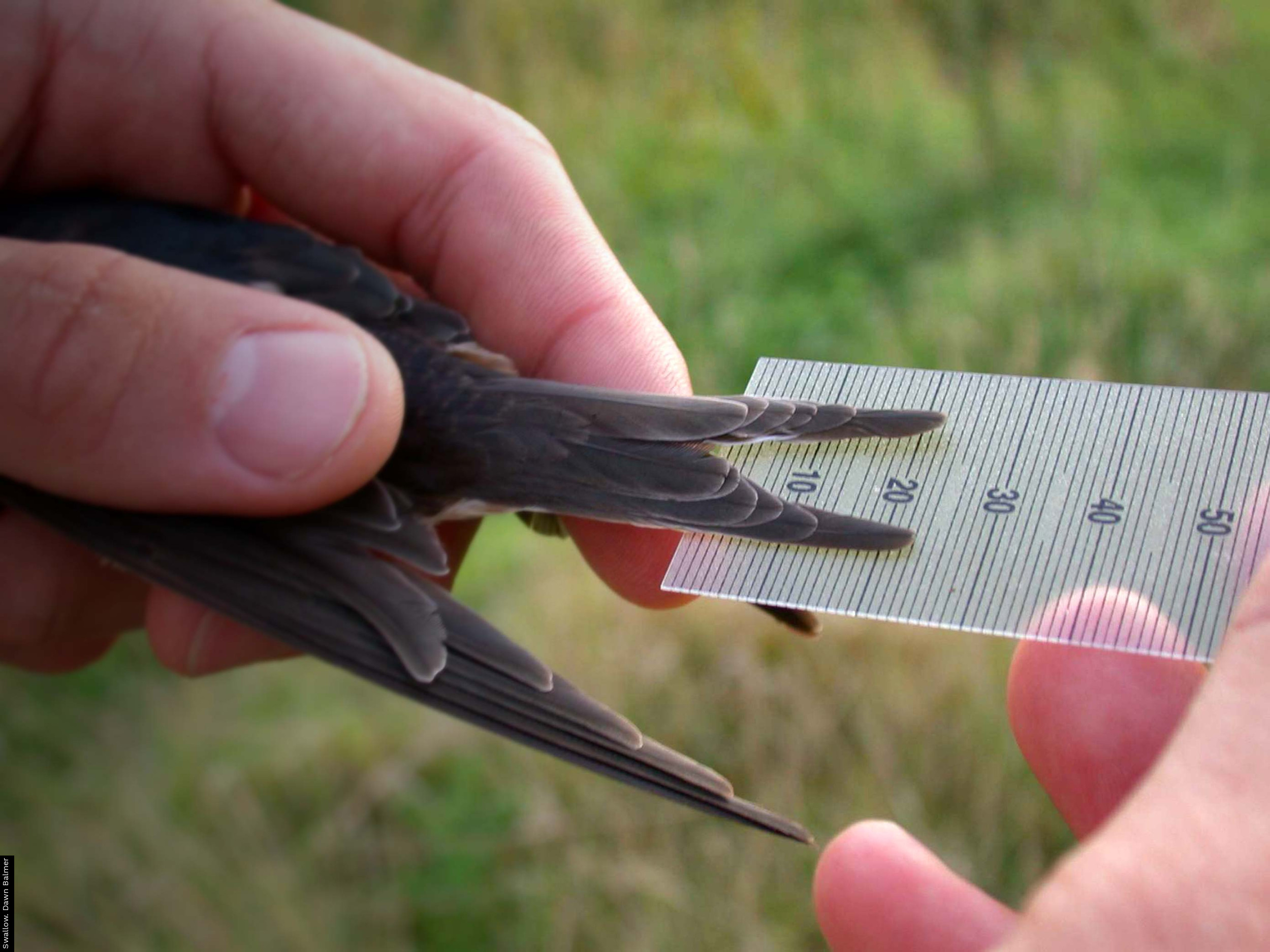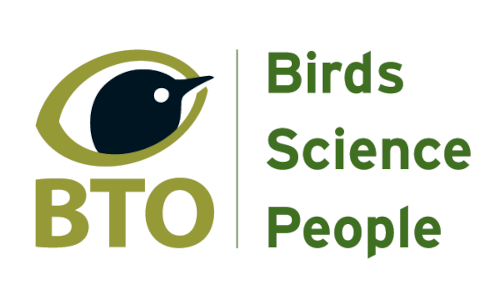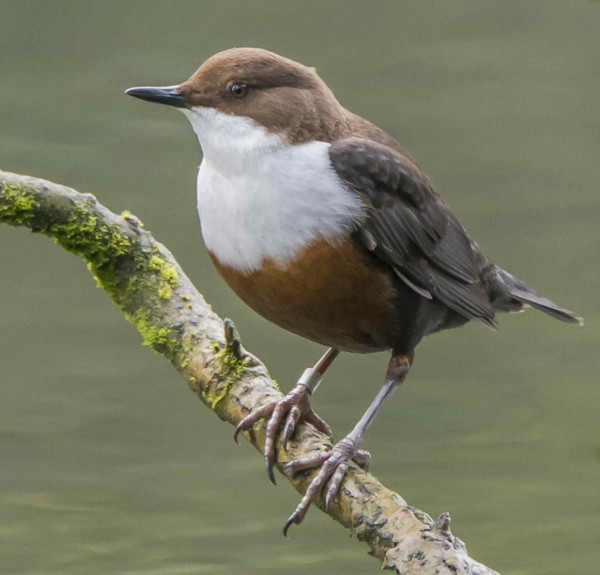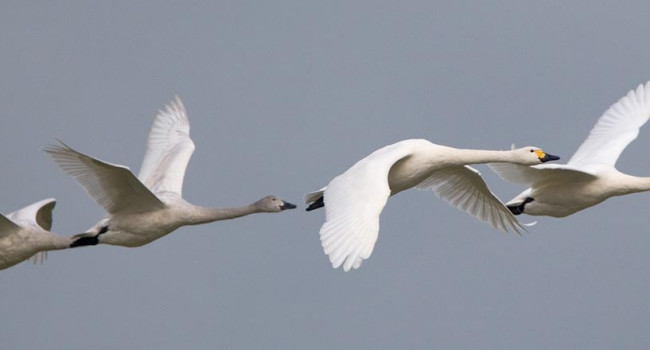Why report a ringed bird?
Reporting ringed birds in the avian influenza outbreak
Because of the current Avian Influenza outbreak, please refer to this page for additional guidance.
Ringing data helps us measure trends in bird populations
Since the Ringing Scheme began, we’ve ringed nearly 50 million birds, which have generated over one million ‘recoveries’ (reports of dead birds or notable ‘live’ movements). The modern ringing scheme, however, is about far more than just answering the question of where Swallows go in winter. With the data ringers are collecting being more and more accessible (thanks in large part to the advent of home computers), we can do far more than just look at migration movements. In an era of increasing environmental change such as climate change and habitat loss, using ringing data to measure trends in bird populations is vitally important. One of the key things we monitor in the modern scheme is survival – quite simply the proportion of birds that survive from one year to the next. Easy! But this simple measure isn’t quite as straightforward as we might think.
Reporting ringed birds helps us provide more effective conservation advice
There are two quite different things that affect the number of reports of ringed birds we receive: the chance a bird will die (and conversely the survival rate, which is what we are interested in) and the chance it will be found and reported (the recovery rate).
Even just a quick look at the numbers suggests that only one in 50 ringed birds is found dead, so we need to ring large numbers of birds to ensure that enough are subsequently found. The recovery rate has also been dropping fast, meaning we have fewer birds from which to estimate survival rates, and have to do more complex analyses to account for this change. Both of these mean we estimate survival with less precision, and in turn can provide less effective conservation advice.
So you can see the importance of looking for, and reporting, ringed birds. If you do find a ring, please report it using the button above. On behalf of EURING, we’ve continued to develop the Euring reporting site, and it is possible now to report your ringed bird in multiple languages, including Turkish, Lithuanian and Catalan. So keep an eye out for anything with a ring, and get in touch.
Reporting a ring on a dead bird
Valuable information is gained from the reporting of ringed birds found dead. If possible, wear disposable protective gloves when picking up and handling dead wild birds, but if these are not available then a plastic bag can be used as a make-shift glove. When the dead wild bird has been picked up and the ring details noted, the bag can be turned back on itself and tied. It should then be placed in a second plastic bag, tied and disposed of in the normal household waste (lidded bin outside).











Share this page